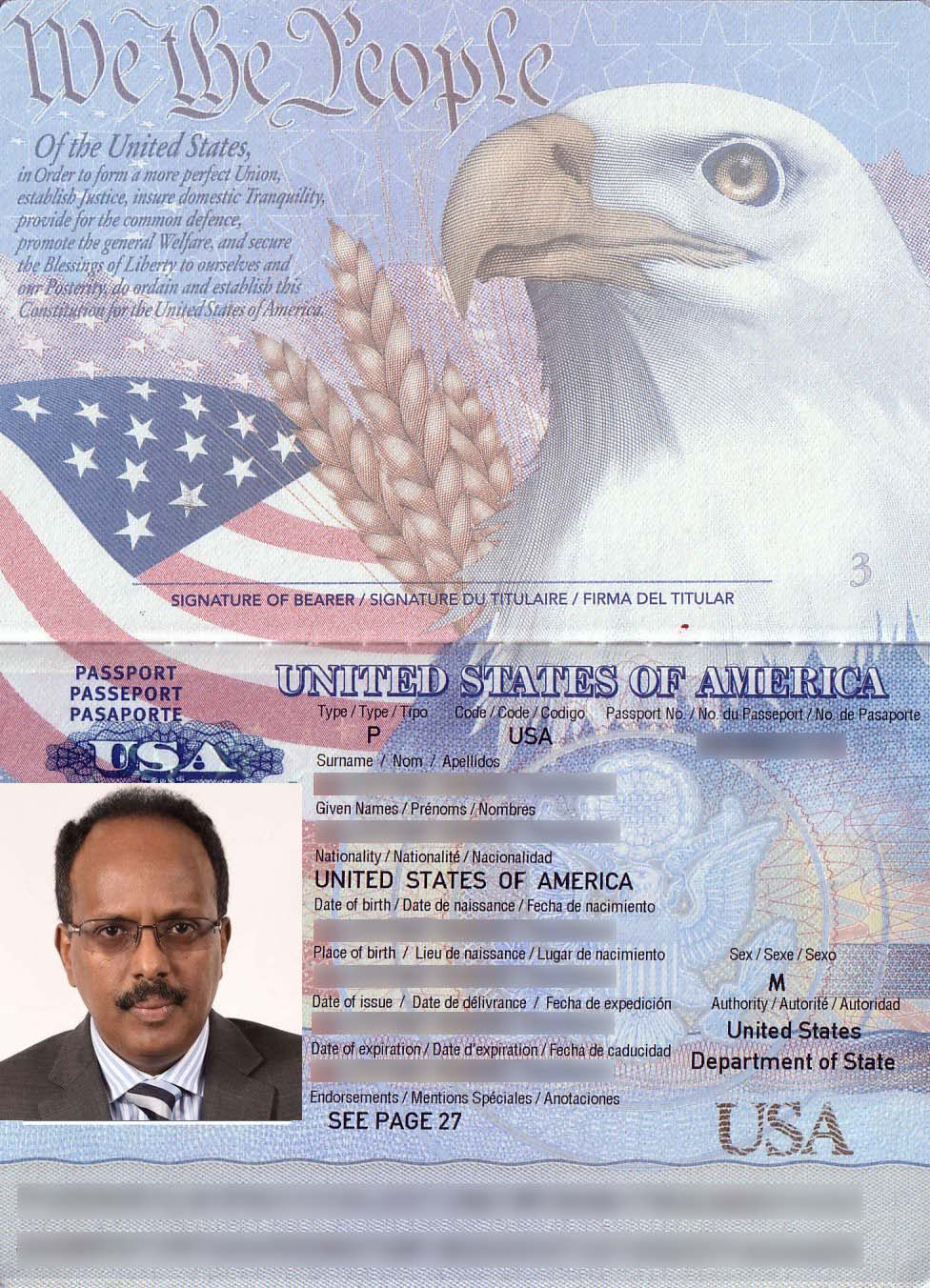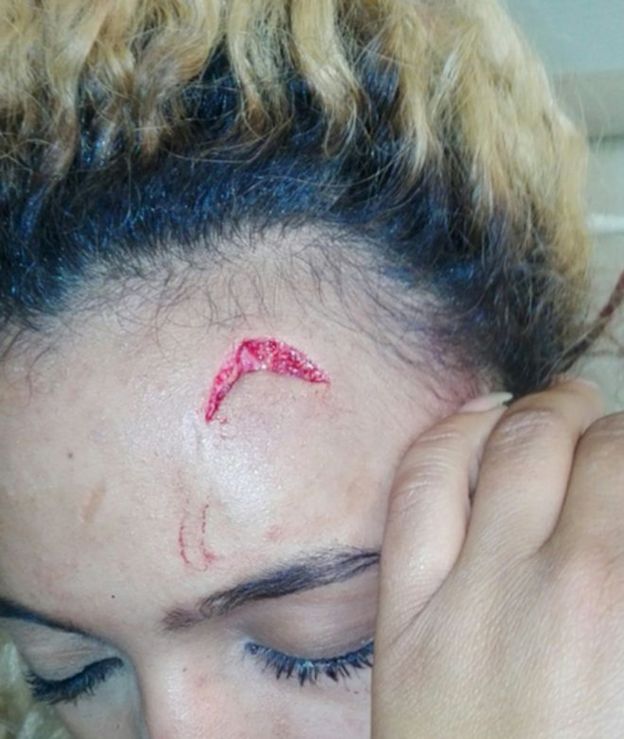


According to the memoirs of New Zealand diplomat Gerald Hensley: There was apparently a trial, but it is unclear what happened in the aftermath. This led to a diplomatic dispute between the two countries, and Boonwaat was recalled to Rangoon. When Sri Lankan police arrived, they were reminded that the compound was technically Burmese territory, and they couldn’t intervene. Things got weird when Boonwaat built a funeral pyre to cremate his wife on the grounds of the diplomatic compound, and nearby residents woke up to a strong smell and the sight of a group of Buddhist monks giving the final rites. At least, that’s what the ambassador would later tell a Rangoon court. The ambassador had threatened his wife with a gun and dragged her into the garden, but some reports suggest that she may have pressed herself to the gun before it went off. Nearby construction workers soon heard gunshots.

Boonwaat had an affair with Silva and then dropped him off at his apartment before heading home to be confronted by her husband. She had met Silva at the popular 388 nightclub, where he performed with his band. Initially, the official story was that she died of cerebral hemorrhage caused by hypertension. Shirley Boonwaat had been active in Colombo high society and charity events but allegedly had a history of infidelity. Boonwaat caused international headlines when he shot and killed his wife, Shirley, over an alleged affair with popular night club singer Rex de Silva. He’d previously served in an official capacity in the UK, Germany, the Netherlands, and France, and he represented Burma in the International Atomic Energy Agency Conference in Geneva, Switzerland.

In 1967, Sao Boonwaat was the ambassador for Burma in Ceylon (known today as Sri Lanka). In some particularly egregious cases, even diplomatic immunity has its limits. This is a reciprocal arrangement which serves to protect civil servants in foreign postings, but like any privilege, it can be abused. Diplomats are representatives of their governments and are protected by diplomatic immunity, meaning that they usually can’t be prosecuted for crimes they may commit while stationed abroad.


 0 kommentar(er)
0 kommentar(er)
